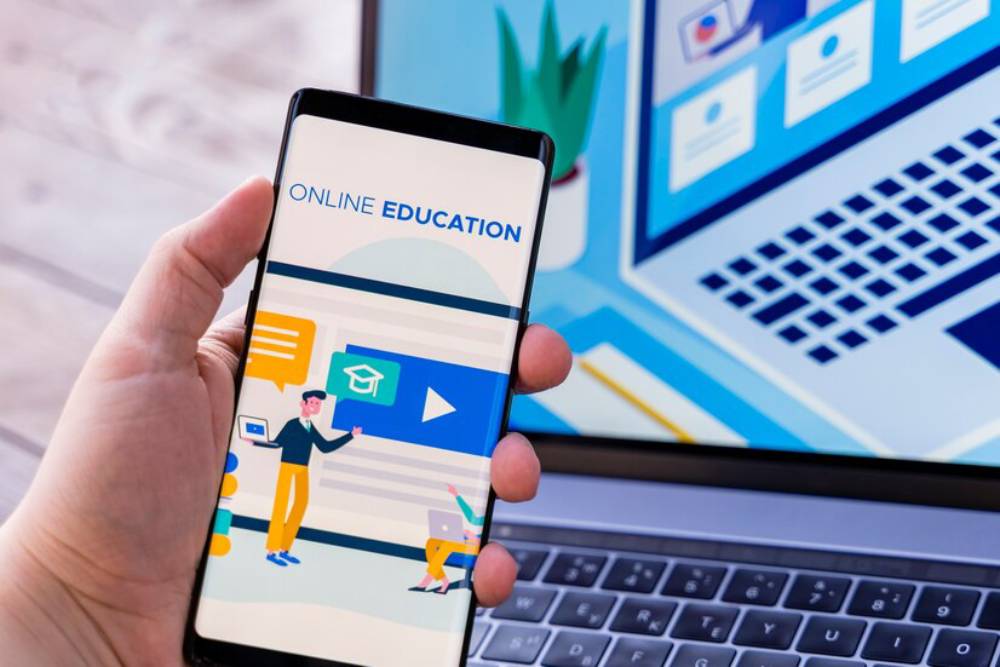
Exploring Non-Traditional Learning Paths for Career Success
Rethinking How We Learn and Grow
The usual path to a successful career often starts with formal education. This includes primary school, secondary school, university, and then entering the job market. But today, that path is no longer the only way. Many professionals thrive by taking non-traditional learning paths. This shows that career success isn’t just about diplomas and degrees. Alternative education options are now easier to access and more impactful. Whether you’re changing careers, skipping university, or wanting to learn new skills, there’s something for you.
Online platforms, self-paced learning, and community education give people more control over their learning journeys. This blog looks at self-guided learning. It covers the benefits and challenges of learning outside formal systems. It also shows how to turn these paths into real career growth. If you’re wondering whether alternative education can work for you, read on—you may just find a new path to success.
The Rise of Alternative Education
Breaking Free from Traditional Constraints
Conventional education often imposes time-consuming, expensive, and rigid frameworks. For many, this system doesn’t align with their learning style, financial situation, or career aspirations. Alternative education offers flexibility, affordability, and personalised learning that meets real-world needs.
Drivers Behind the Shift

Several key trends are fuelling the popularity of non-traditional learning:
- Technology and digital platforms: Online courses and apps make education accessible from anywhere.
- Changing job market demands: Employers increasingly value skills over degrees.
- Gig economy and remote work: Flexible careers call for flexible learning.
- Lifelong learning culture: Professionals must continuously upskill to stay competitive.
Real-World Success Without a Degree
Elon Musk, Richard Branson, and Oprah Winfrey are famous examples of people who achieved great success without traditional academic paths. Many everyday professionals have also built successful careers by learning in their own way, not just the high-profile examples.
Types of Non-Traditional Learning Paths
1. Online Courses and MOOCs (Massive Open Online Courses)
Platforms like Coursera, edX, and Udemy offer courses from top universities and industry leaders. Many of these are free or low-cost, making them an excellent entry point for career changers or curious learners.
Benefits:
- Learn from experts worldwide
- Flexible and self-paced
- Often includes certification
2. Bootcamps and Accelerated Learning Programmes
Popular in tech, bootcamps are intensive programmes that teach skills like coding, UX design, or data science in a few months.
Benefits:
- Fast-track into high-demand jobs
- Practical, hands-on experience
- Strong community and networking support
3. Apprenticeships and On-the-Job Training

Learning by doing remains one of the most effective education methods. Apprenticeships mix paid work with hands-on learning. They are great for trades, creative jobs, and new tech areas.
Benefits:
- Earn while you learn
- Direct industry exposure
- Real-world problem-solving
4. Self-Directed Learning and Independent Projects
Personal projects, like apps, blogs, or YouTube channels, can show your skills better than a diploma.
Benefits:
- Learn by doing
- Portfolio development
- Encourages creativity and initiative
5. Mentorship and Community Learning
Learning informally through mentorship, mastermind groups, or professional communities helps everyone grow together. It also encourages accountability.
Benefits:
- Personalised guidance
- Networking opportunities
- Ongoing motivation
Building Skills that Translate to Career Success
Prioritising High-Impact Skills
To ensure your alternative learning efforts pay off, focus on developing in-demand skills such as:
- Digital literacy and coding
- Data analysis and visualisation
- Content creation and marketing
- Financial literacy and budgeting
- Communication and leadership
These skills work in many fields. They are valuable for both job seekers and entrepreneurs.
Creating a Personalised Learning Plan
To make the most of self-guided learning, consider the following steps:
- Set clear goals: Define your career objectives and align your learning accordingly.
- Curate quality resources: Stick with credible platforms, books, and communities.
- Track your progress: Keep a learning journal or digital tracker.
- Apply what you learn: Use side projects, freelancing, or volunteering.
- Build a portfolio: Showcase tangible results to demonstrate competence.
Case Studies: Success Stories from Alternative Paths
Case Study 1: Sarah the Data Analyst
After leaving her retail job, Sarah completed a data analytics bootcamp and built a portfolio with public datasets. Within six months, she landed a role with a fintech company—no degree required.
Case Study 2: Marcus the Creative Entrepreneur
Marcus learned graphic design through YouTube tutorials and community forums. He began freelancing and later started his own agency. He hired others who took similar learning paths.
Case Study 3: Priya the Developer
Priya skipped university and took free coding courses online. She created many open-source projects. This helped her gain credibility on GitHub. Then, she got a remote developer job with a tech startup.
Addressing Common Concerns
Will Employers Take Me Seriously Without a Degree?
More and more companies are embracing skills-based hiring. What matters most is what you can do, not where you learned it. Portfolios, certifications, and referrals can go a long way.
Is Self-Learning as Effective as Traditional Education?
It can be—if you’re committed. Non-traditional learners often gain practical, job-ready skills faster than traditional students. The key is discipline, consistency, and active application.
How Do I Stay Motivated on a Self-Guided Path?
- Set small, achievable milestones
- Join learning communities
- Celebrate progress regularly
- Find a mentor or accountability buddy
Tools and Resources to Get Started

Recommended Platforms
- Coursera (university-led courses)
- edX (certifications and degrees)
- Udemy (affordable, skill-based learning)
- Khan Academy (free academic foundation)
- LinkedIn Learning (professional development)
Helpful Communities
- Reddit: Subreddits like r/learnprogramming or r/selfimprovement
- Discord Servers: Niche communities for accountability
- Meetup.com: Local or virtual learning events
Apps for Microlearning
- Duolingo (languages)
- Brilliant (maths and science)
- Anki (spaced repetition flashcards)
Trends Shaping the Future of Education
- Micro-credentials and digital badges: Employers recognise skill-specific achievements.
- AI-powered learning: Personalised education at scale.
- Hybrid learning models: Blending formal and informal education.
- Credential transparency: Blockchain to verify skills and experience.
Conclusion: Forge Your Own Path to Success
In a world where change is constant, alternative education brings freedom, flexibility, and great opportunity. Non-traditional learning can help you take charge of your future. It’s great for starting a new career, launching a passion project, or just broadening your knowledge.
Remember: the best learning path is the one that works for you. You can thrive with dedication, curiosity, and the right resources—no degree is needed. Build your skills and confidence!
Take action today. Explore a course, start a project, or join a community. Your career success story starts now.